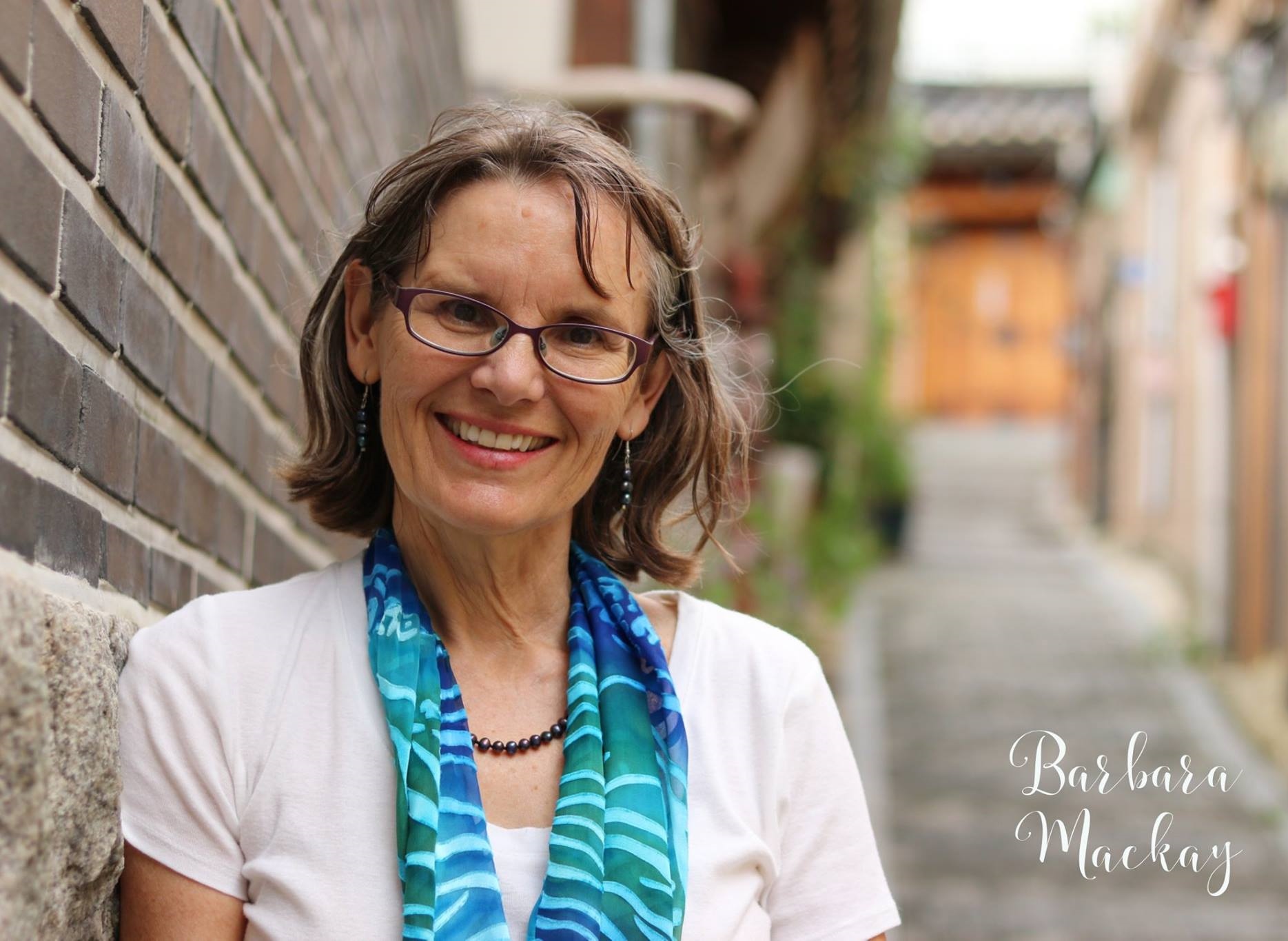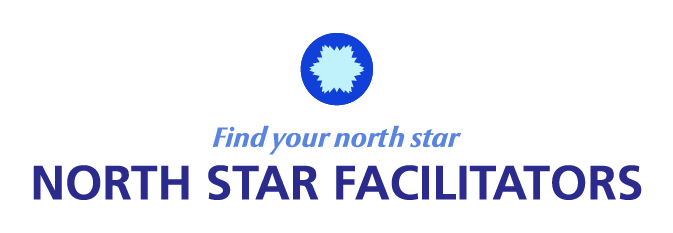Facilitation Can Change the World – An Interview with Barbara MacKay

 Joshua Voon, of our International Facilitation Cohort (2018-2019) interviewed me in July 2018 with what he calls meta questions. I thought his questions were wonderful and would perhaps be of interest to those who have or are starting a facilitation practice.
Joshua Voon, of our International Facilitation Cohort (2018-2019) interviewed me in July 2018 with what he calls meta questions. I thought his questions were wonderful and would perhaps be of interest to those who have or are starting a facilitation practice.
Here are his questions and my answers.
Q: What got you interested in facilitation?
A: I was looking at my consulting career and realized the times I had the most joy and meaning was when I was doing something called “facilitation”. I wasn’t trained as a facilitator but I knew it was happening when a group of people got together and I was asking them questions. I was really getting them to share information they hadn’t shared before. It was humbling to me to get that level of insight into their lives, organizations or communities. It particularly struck me because I was working with indigenous communities a lot as a researcher. I would go into the community and find out, “What is your life like? How would this big forestry project/mining project affect you and your way of life?” I had to get a good feel of the baseline for this community. It was a real honor and privilege to hear how much they loved their way of life and how they shared that with me as a non-indigenous person. That’s when I realized I had some natural talent as a facilitator. And in order to do this well, I needed to find out if there was good training on this. This is when I discovered ICA (Institute of Cultural Affairs).
Q: How is facilitation different than coaching when you’re asking questions, trying to bring out insights and values from people?
A: At the time, coaching wasn’t a term people were using very much like it is today. Also, coaching today is mostly focused working one-on-one with people. What I found exciting was doing interviews with one person but then all of a sudden the room would fill up with people because they heard I was in town asking questions. I was listening really well and they wanted to be in on this. The one-on-one interview became a group interview so I had to switch my style from being an interviewer to a facilitator.
Q: What do you believe about facilitation?
A: I believe that facilitation can change the world. That it’s the only way we can solve global meta problems. That’s why I’m so passionate about it because I believe we have to bring people into a room either virtually or physically to share their knowledge, wisdom and ideas to come up with a solution that will address many perspectives. Facilitation is the only way to do that if we operate in siloed organizations, siloed teams, siloed individuals studying something and then proposing a solution without knowing all the other perspectives and come up with solutions that are completely unsustainable and unhelpful to many groups that are typically left out of the decision making process. Facilitation equalizes the playing field and assures the solutions are sustainable to everyone.

A: It’s made my world much smaller because of my quest to find solutions that work for all people all over the world. The ToP methods are used all over the world and developed from people all over the world. I realized that I too wanted find out what else is going on in parts of the world I hadn’t been to. It’s made my world both bigger and smaller. Smaller because I feel connected – the distance between myself and with a different culture or a different language doesn’t feel so great. And yet my world feels so much bigger because I don’t just think about my own local North America, Northwest USA, or mid-central Canada perspective.
It’s also changed my world in that it’s made my relationships with my family very profound. I’m often facilitating visioning processes with my extended family and friends. I use facilitation tools with my friends and children. I have a natural ability to solve problems, using the tools throughout their childhood. It’s made my spousal relationship much closer. It’s changed the way I think – my thinking is much clearer. I think in a much more structured way when I need to do that.
Q: To you, what is facilitation?
A: Facilitation is like giving a container to a group of people that have a common purpose, quest or path to take. Using the container that everyone can fit well into, giving them a lot of flexibility and latitude. Giving them a path to follow so that you don’t have people going off on a tangent. They can see the path they’re following, and they go there willingly because they can get there much more quickly and joyfully.
Q: As you facilitate, how does it affect the sense of yourself?
A: I can see how people are reacting to each other, to me, to the questions, to the activity. It gives me a very big mirror and I can see when they’re profoundly affected, when they’re touched or puzzled. It brings me closer to their emotions and their thought processes.

A: It makes me feel less alone and less on my own. I feel less like I’m different than anyone else. Every group I’ve ever worked with, and every person I’ve ever met, it’s like this “human condition” or coming in touch with God in everybody. It’s very humbling to be in the presence of people thinking well together and honoring each other by listening to each other. I’ve always thought that facilitation is like lifting the group to a higher level or being. I’m an instrument in creating that higher level. We all start resonating at that higher level.
Q: When you’re approaching a facilitation project, what typically goes through your mind?
A: Does this organization appeal to me? Does this request appeal to me? Is it creative enough? Could I learn something new? This criteria of assessment before taking the job is a session I did a couple years back at an IAF conference. It’s very much about what’s taking me out of my comfort zone and going into my grow zone. I also ask myself, “Are they asking for something reasonable? Have they given enough resources to it – budget, time, access to the group?” I can usually tell in the first call or email whether this client is going to be great to work with or not. Sometimes my gut will tell me this project doesn’t sound good. So I’ll check it out and either they won’t get back to me or perhaps 20% of the way they decide not to move forward. They’re just fishing – they’re not serious about using a facilitator.
Q: Five minutes before taking the stage, what’s going through your mind?
A: So I’ve accepted the job, designed the agenda, the room is set up and people are coming in… I will calm and center myself asking, “What is the most important thing I can do with this group?” I will have my “antennae” out for anything unusual signals that might be coming from people in the room. I will pay attention to how they enter the room, what they say and how I greet them. I keep reminding myself that the next 5-10 minutes is the most critical. If I don’t capture their imagination, their trust within those few minutes, things are going to much harder for me and for them.
Q: If there’s any hindrance in how you facilitate, what do you think that is?
A: Sometimes when I’m working with a more hierarchical organization. They’re asking for facilitation, so there’s obviously some movement from hierarchical to more facilitative when they make this request. For example, I was working with an Emergency management team that was being directed by a senior leader. That’s a hindrance because the non-designated leaders are deferring to the leader. In this situation you don’t get true engagement and true trust and safety. I’ll often try to address that before I arrive in person. I may work with the leader individually. I’ll try to set up a team meeting to see the dynamics. I’ll try and show people that I’m not going to defer to the leader – the whole group is my client, not just the head leader.
Another one is if I feel I’ve over-packed the agenda. Or I’m not sure I’ve got the right agenda because the client group has been evasive in telling me about some information – either because they’re unable to articulate it or unwilling to share. I know that I’m going to discover it and it makes me very nervous.

A: I created an image in an ICA course I took years ago called The Power of Image Shift. It’s like holding a steady rock – I’m going to be a servant to the group, steady, calm, very pleased with whatever they do. I’m going to remove all my judgement and my criticalness and I’m going to come in with a very open mind.

